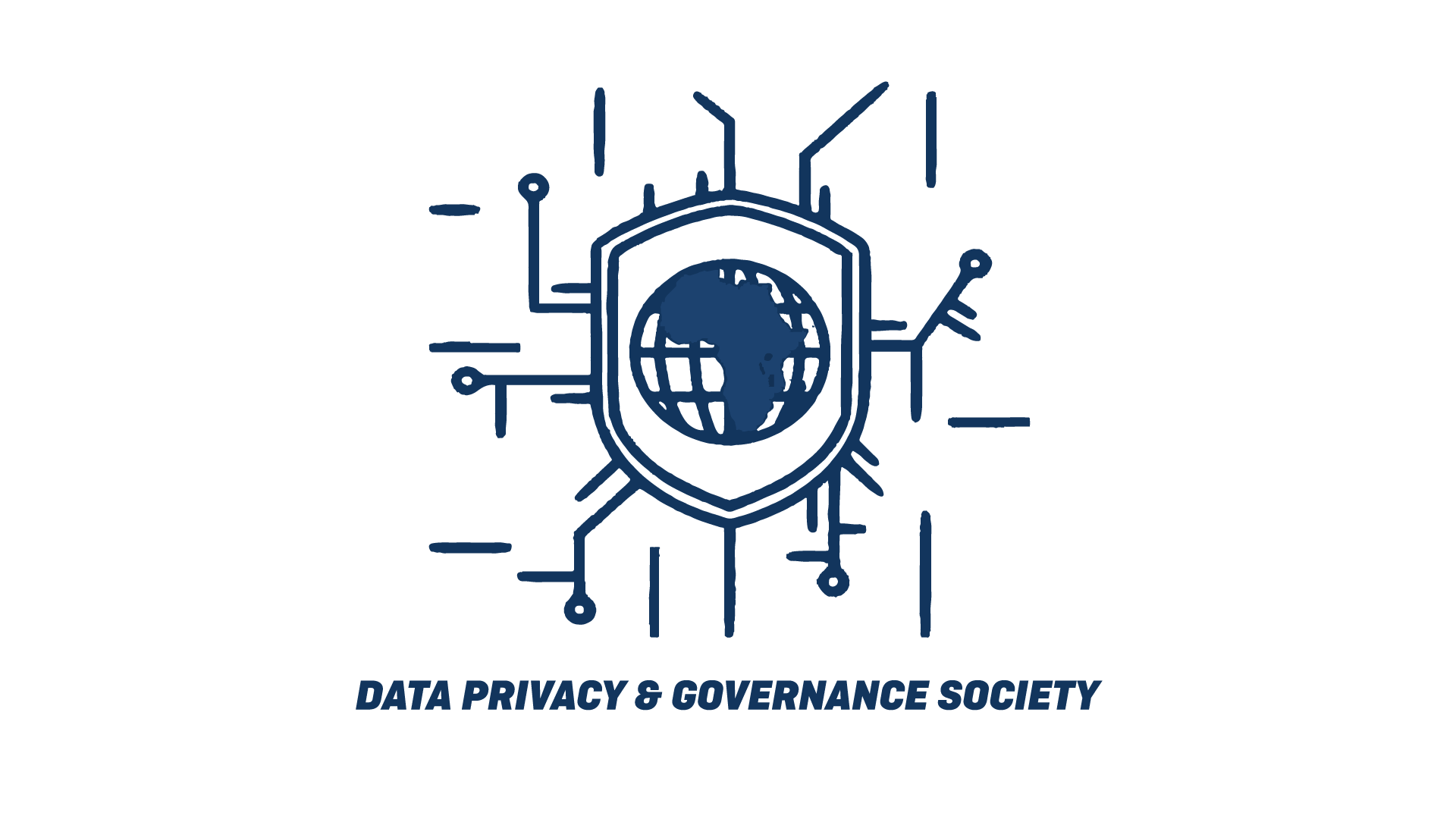DPGSK Reports
DPGSK-Report.-April-2024
The DPGSK Report - April 2023 highlights key advancements in data privacy and governance strategies.
DPGSK-Report.-April-2023
The DPGSK Report - April 2023 highlights key advancements in data privacy and governance strategies ...
Privacy & Governance Profesional Survey Report 2023.
The Privacy & Governance Professional Survey Report highlights key trends and challenges in data privacy ...
Professional Survey
This downloadable resource document offers valuable insights and guidelines for Data Privacy and Governance Society ...
DPGSK Institutional Documents
Data Protection and Privacy Notice
The Privacy Notice on the Data Privacy & Governance Society of Kenya’s website outlines how ...
Code of Conduct
The Data Privacy & Governance Society of Kenya has posted a "Code of Conduct" on ...
DPGSK Constitution
The Data Privacy & Governance Society of Kenya (DPGSK) Constitution outlines its governance structure, mission, ...
FAQ Reports
FAQs ON DATA PROTECTION OFFICER (DPO).
Learn about the Data Protection Officer role, responsibilities, compliance, and privacy governance with our FAQs.
Frequently Asked Questions
Data privacy refers to the proper handling, processing, and protection of personal information to ensure it is kept confidential. It is important to safeguard individual rights, prevent identity theft, and maintain trust in digital systems.
Data governance involves the management of data's availability, usability, integrity, and security. Strong governance policies help organizations comply with regulations, protect consumer data, and reduce the risk of data breaches.
Individuals can protect their data by using strong passwords, enabling two-factor authentication, limiting sharing of sensitive information, using encryption tools, and staying informed about privacy policies and rights.
Non-compliance can lead to hefty fines, reputational damage, loss of consumer trust, and legal actions. In severe cases, companies may face operational restrictions or business shutdowns.
Individuals have the right to access, correct, delete, or restrict the use of their personal data, as well as to know how their data is being used, stored, and shared by organizations.
